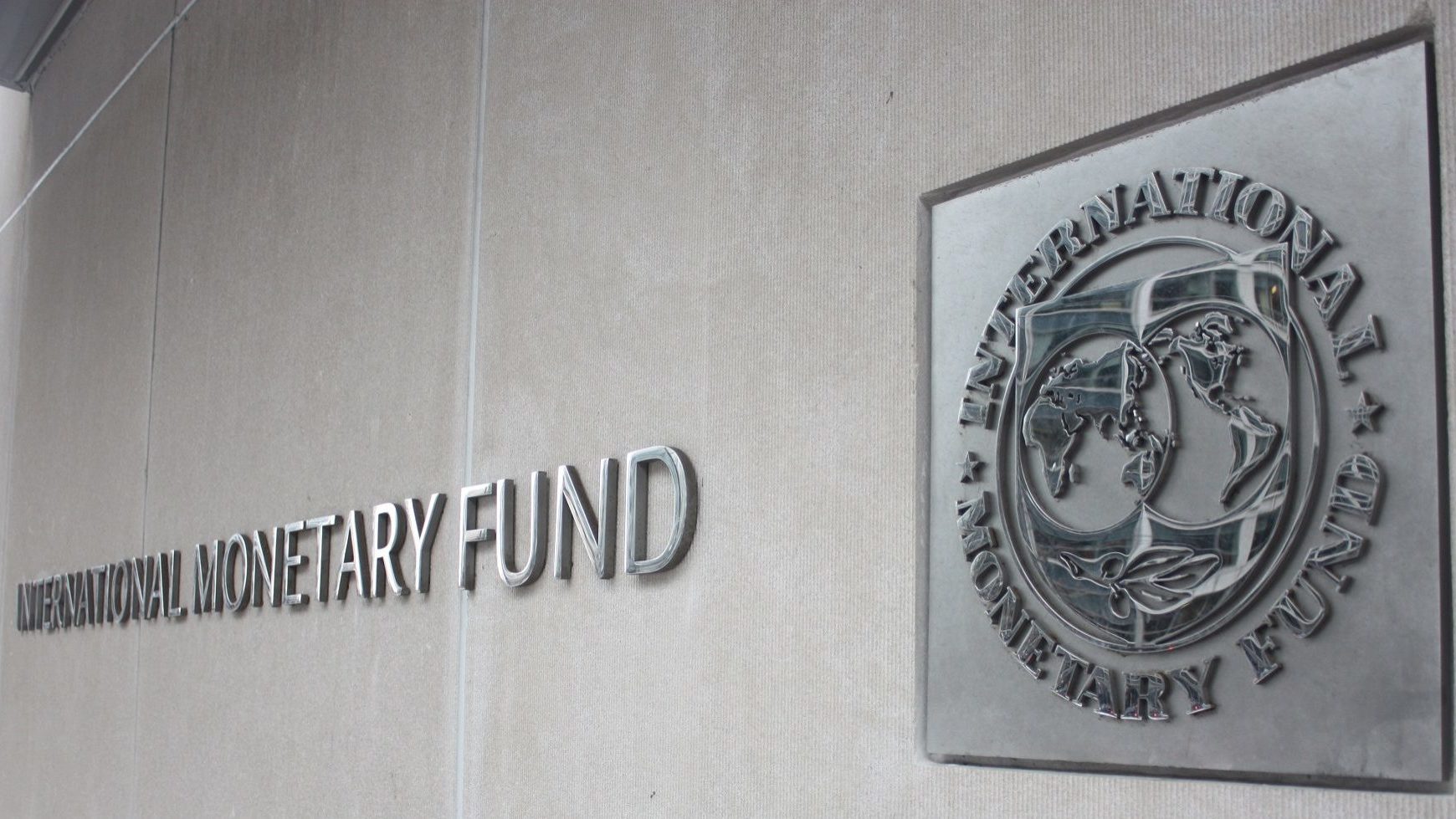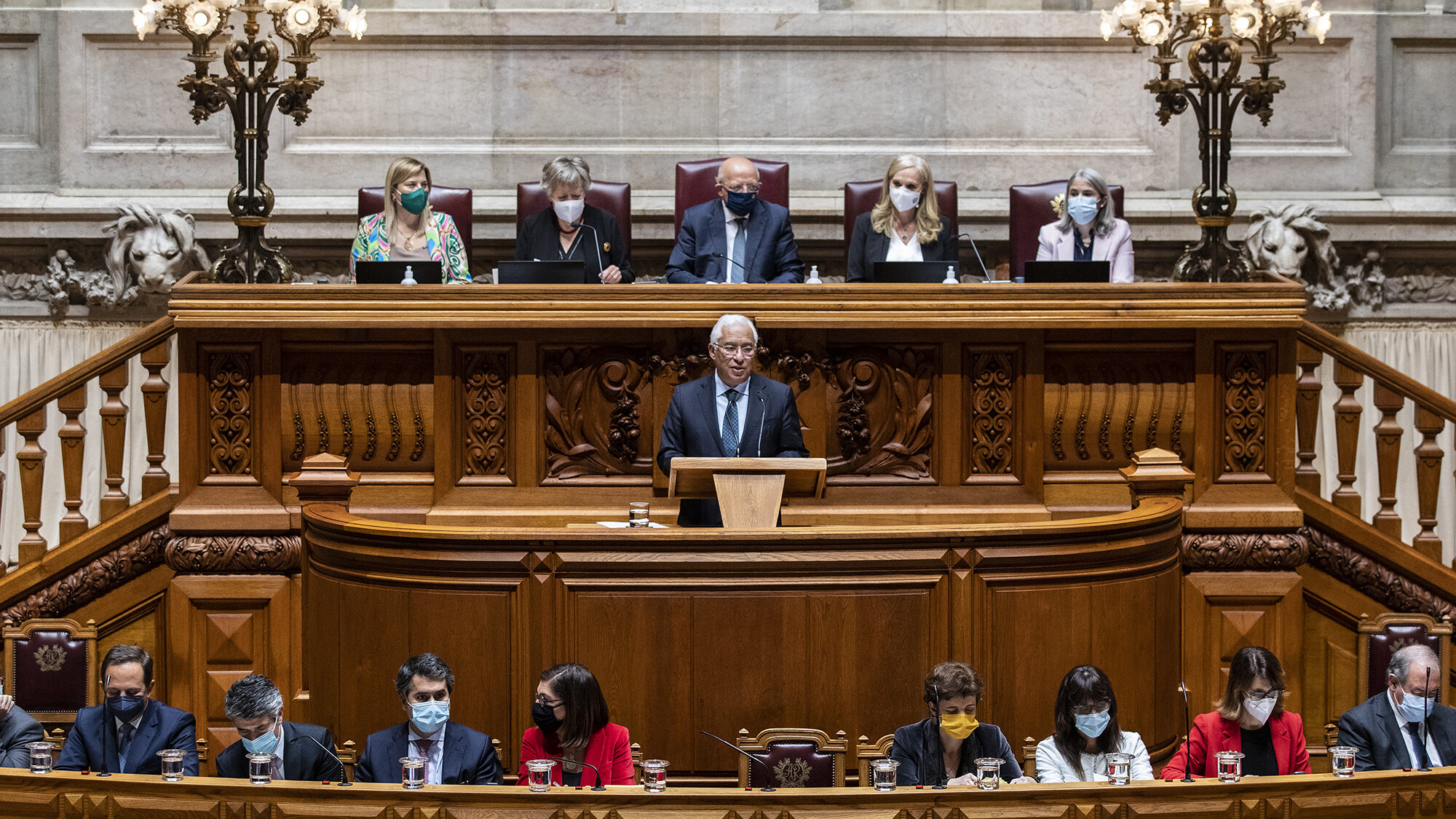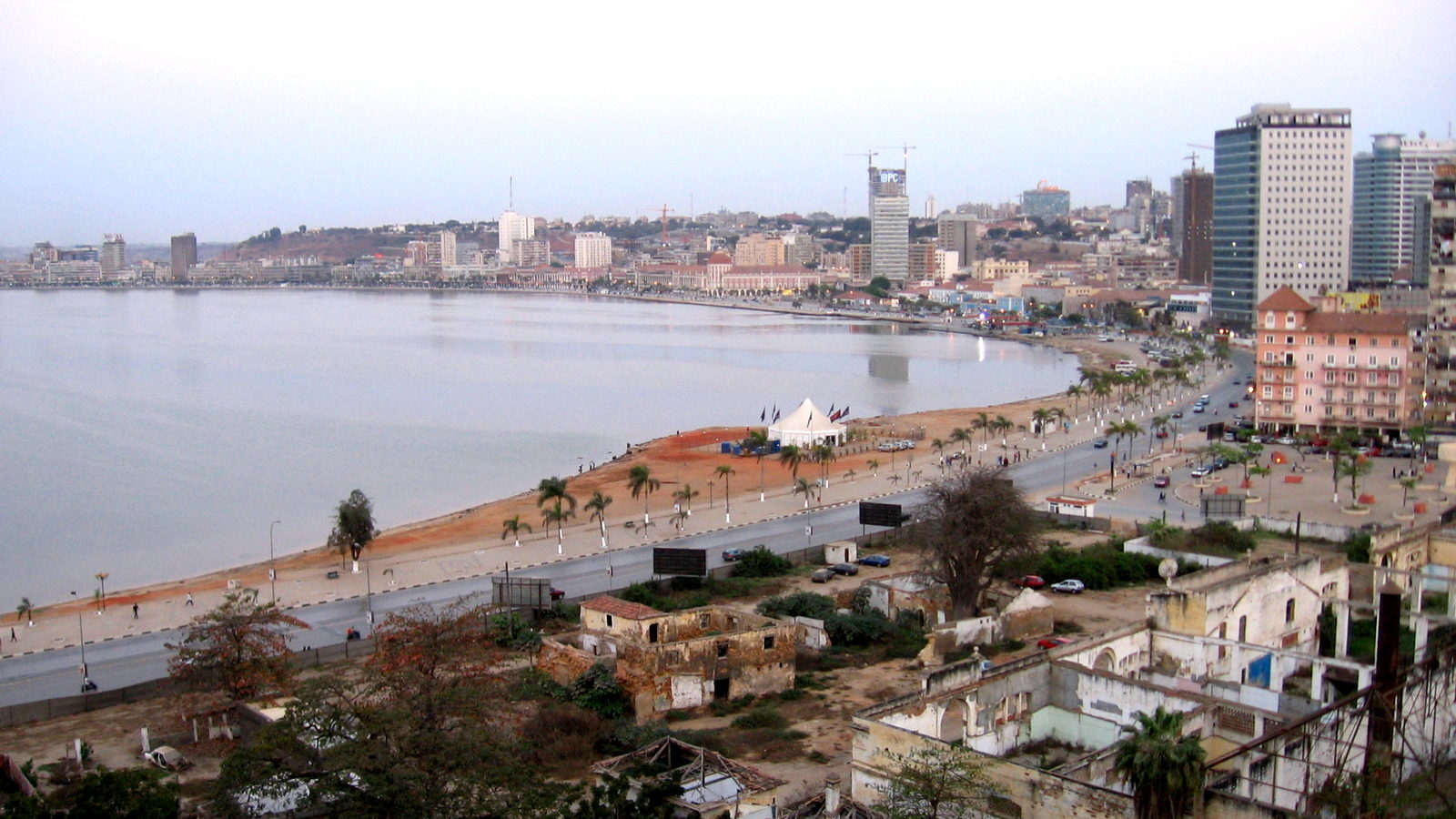Next Generation EU supports Portugal’s growth amid Ukrainian war – Fitch
Even with the consequences of the war in Ukraine, European funds should help Portugal to grow in the coming years.
Next Generation EU funds, the European Union’s response to Covid-19, will support Portugal’s post-pandemic growth recovery in the short-term, “despite headwinds related to the Russia-Ukraine conflict and higher inflation,” Fitch signals in a new report. Still, in the medium-term it will be necessary to deal with some “structural weaknesses,” the agency warns.
The financial ratings agency predicts that the Recovery and Resilience Facility should help “direct investment into effective growth-enhancing projects,” with the impact of this spending on GDP growth being more pronounced in the early years of post-pandemic recovery.
According to Fitch’s estimates, these funds could have a fiscal multiplier effect of up to 1.5 percentage points in 2022-2023, gradually decreasing in 2024-2026. “This impact will lift the nominal level of Portuguese output 3.0-3.5% higher by 2026, compared to a scenario without RRF funding,” says the agency. With the Recovery and Resilience Facility, namely with increased public investment and incentives for supply reforms, potential GDP could increase to 1.8% in the short-term, up from 1.5% pre-pandemic, they project.
However, in the medium-term, “ongoing structural weaknesses” such as low labour productivity, a declining working-age population and high levels of public and private sector indebtedness may constrain a more sustained improvement in potential growth, Fitch warns. “Without sufficient reform tackling the country’s ongoing structural weaknesses, Portuguese output risks remaining below its pre-pandemic trend even by 2026,” the rating agency stresses.


